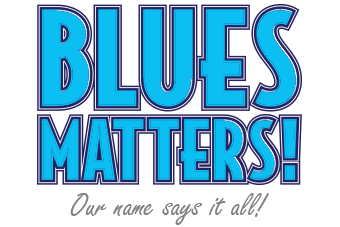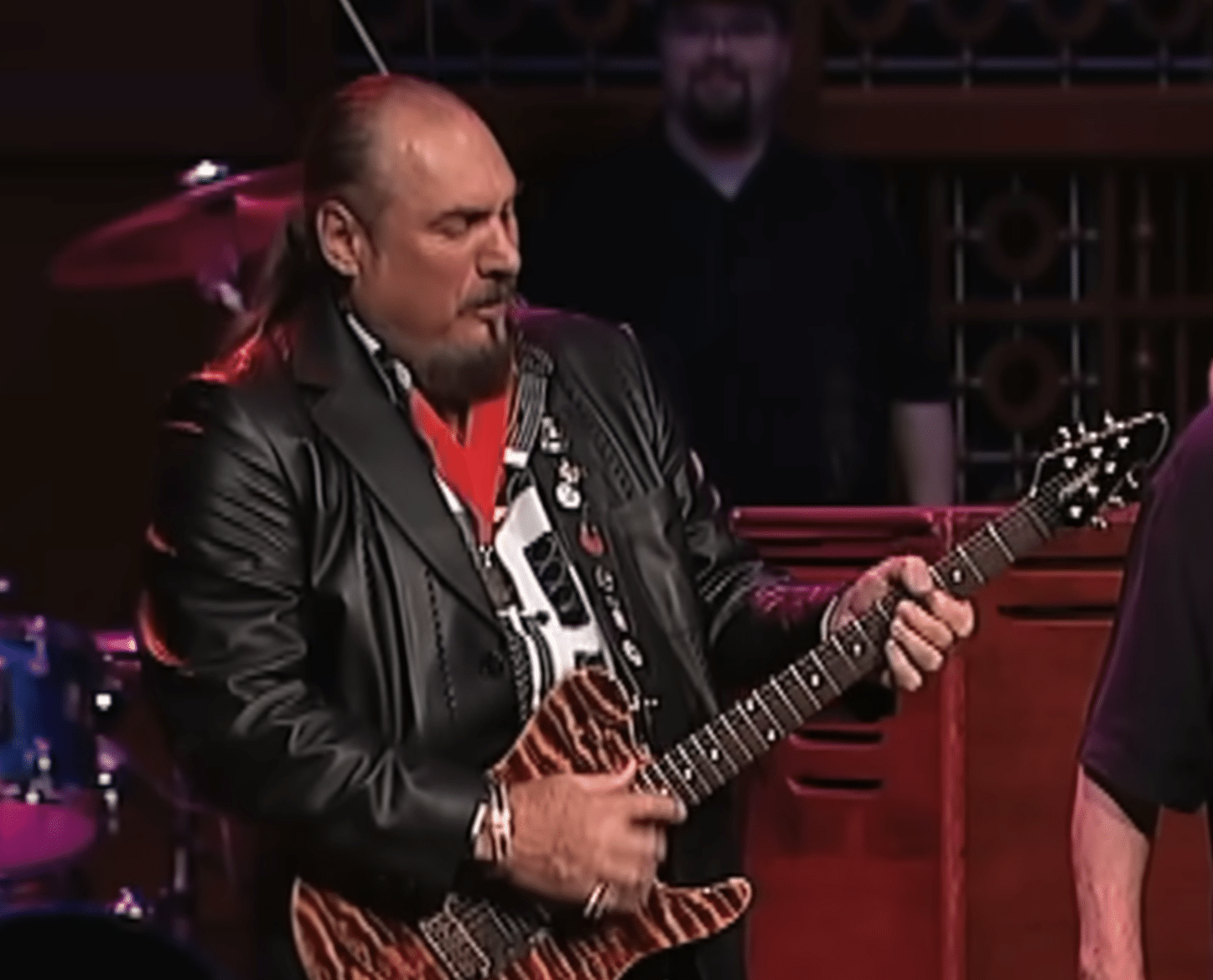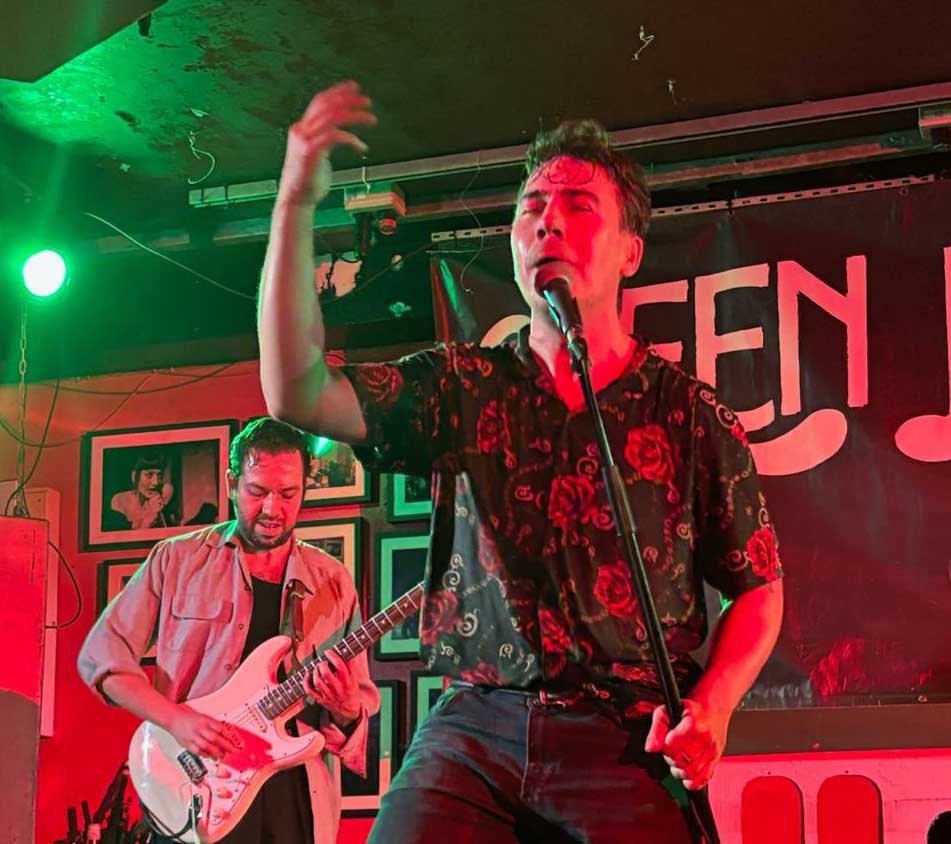LAZER LLOYD
Lazer Lloyd (born Lloyd Paul Bluman) is a US-born, Israeli singer/songwriter and an international recording artist, influenced by blues, gospel and southern rock. He cites B.B. King as one of his biggest inspirations in music and in life. Lazer is a genre-defying artist who plays with a killer tone and has his own unique style. He is a trailblazing soulful singer, songwriter and guitarist whose live shows and own brand of blues and psychedelic roots rock are legendary. If you’ve not heard of him then you should seriously check him out. BM’s met with him recently and we talked about his early days, influences and how meeting the singing Rabbi Shlomo Carlebach changed his life and spiritual direction. Lazer recently signed with Chicago-based, independent label Lots of Love Records and has received critical acclaim and chart success with his 2015 self-titled album. Look out for Guitar Jams which will be released in 2016!
BM: Hi Lazer thanks for taking time off from a busy schedule. Where is your next concert?
LL: I’m on my way to Haifa, Israel. Then I’m away to do a two-week tour in America, in March, things are going well.
Could you give some background about how you got interested in music and who were the earlier influences in your career?
I grew up in East America; I was born in New York, and then raised in Madison, Connecticut. My father was my first influence he was a music lover and although not professional he played a lot of jazz and blues at home. He also had an extensive record collection incorporating blues, folk, jazz and rock. He took me to a Stevie Ray Vaughan concert and from there I wanted to play guitar and to sing the blues. Guitarists like Jimi Hendrix, Carlos Santana, George Benson and BB King were also influential, but it was Johnny Winter that inspired me most with his crossover from blues to jazz guitar technique. I wanted to go to Texas when graduating from High School, but my mum made me go to Music College in New York where I got a Jazz and Blues degree. I had some great teachers there such as Milt Hinton who was Louis Armstrong’s bassist. I then went on to play support for bands such as Johnny Winter. I eventually made a demo with my band at the time, The Last Mavericks, playing a mixture of Springsteen and Nirvana. And then a record company in Manhattan wanted to sign the band but they wanted to pigeonhole us into what they wanted and not my philosophy so it was a no go.
You were brought up in America but have ended up living in Israel, how did that come about?
It’s a long story but it started out with me talking to and spending time with a homeless man in Central Park, who taught me the basics of Judaism. He then taught me some phrases every day and it made me think. He also introduced me to legendary singer/songwriter Shlomo Carlebach (who played the Berkley music festival in 1966), he had a huge influence on me and helped me find my own blues and gave me spiritual strength to deal with my own struggles. He loved the way I played blues to his style so much that he invited me to play with him in Israel. But that’s like war and desert over there I said, but he asked me to come and check it out. I likened this to BB King’s attitude to getting band members together. It wasn’t about how good they could play, he had to go and see them first and if they were good men, then they were good players. I must have done something right because I’ve stayed in Israel ever since and I’ve lived here for twenty-one years, I’m married and have five children. I began playing festivals in Israel and went on to self-release my solo debut album, Higher Ground in 2004. I played lots of shows while touring and enjoyed this. It was not purely blues though, there was a bit of Americana in there. Lost On The Highway in 2013 I really enjoyed doing, but the biggest break was last year and signing with Lots Of Love Records. They let me do my own thing to the point of getting me the best equipment to play with. The result was a Lazer Lloyd record that got chart recognition, with the single Burning Thunder being number one on blues chart.
What Does blues music mean to you and what makes it important to you?
Blues is a healer, I had a traumatic experience when I was young and I was in deep pain. Something that helped me was listening to BB King; something was released from my soul, not to get too spiritual. It is a medicine and for me shows the pain of the world. I paid my dues for a long time which was not easy as I wanted to be authentic and true to the music. Many people asked me to change my style but I stuck to my guns, for many years I was barely paying bills and the first winter here I slept in my car. Then all of a sudden the gates just opened up for me in my career and I felt very blessed.
Is your on stage persona different and do you prefer playing large Festivals or to small crowds?
For gigs there is no planning of sets, I get bored with playing the same songs all the time. I try to change my style to suit the audience numbers. The show is a lot more intimate with an audience of say sixty people compared to one with thousands. I play acoustic guitar in smaller venues and I want people to hear the words and emotions, I especially like playing them the track, Living Is A Struggle. I like the acoustic guitar as I try to open tune the guitar and link Arabic tuning to the blues style, mixing tones of major and minor chords some at the same time.
What is your process for writing songs and recording them?
Writing songs and playing in Israel brings a different soul and vibe to my songwriting. For example, I once wrote a song whilst in a bomb shelter listening to kids screaming outside. After a while you sometimes have to let it go and live for the moment. I like an audience to feel, by putting my stamp on spiritual feelings and my individuality; hopefully, it makes them feel good. I would say a riff comes first, and then I begin singing along without knowing, then I write the words. Sometimes it’s like the heavens let it flow in a phase. Freedom Child is an acoustic anthem to Johnny Winter who also open tuned and stretched original chord patterns of the Delta Blues something I try to do. I sing in a lower register as well.
Tell us how your new single America came to being and what it is about?
I wrote the song whilst driving in America on Martin Luther King Junior’s birthday; it feels like Rome is crumbling sometimes. I feel people are naïve to think the President of America can solve everything himself. I don’t like people bashing America and saying how bad it is, likewise those who are blindly patriotic. My Israeli fans seem more patriotic than Americans in general due partly to Jewish history and the openness to a free country. I feel this song deals with these issues and as musicians, we are no smarter than anybody or more righteous. Sometimes the beauty of being a travelling musician is you get to see the inside picture not what is shown in the media; musicians have a duty to tell people what is really going on. If you’re pleasing all the people, all the time, you’re not really an artist.
Sticking with your music one of my favourite songs is My Own Blues this seems to sum up what is fundamental to the blues as it is full of emotion and drive is that the case?
I was a young shallow person in America but soon realised that everyone has their own blues. And, when I got in touch with my Muslim friends, some who have their own struggles as they may get killed for their views makes me feel humble. At concerts my message is not to paint it black and white, it’s not just about the good guys, everybody’s got their own blues.
Who do you listen to presently that makes an impression on you?
I’m crazy about the traditional mixed style of Gary Clarke Junior and also a more country guy Chris Stapleton. I also like an Israeli band, Funk Truck they’re a young band who are very talented musicians.
What is your most memorable concert and why?
I think it was this summer at the Russel Harvard Blues Festival in San Fransisco.The unique thing was it was an all-black ethnic audience and was pure old blues. The guy who ran the festival, Ronnie Stewart, saw me in concert and loved my music and convinced people to get this white guy from Israel come to and play. He faced a lot of opposition but I got a standing ovation. I was very nervous, this was a turning point for me, and the blues is not just for black people everyone has their own blues. It is universal and this concert proved that to me and made me feel stronger as a person.
What does the future hold?
Stick to my guns as usual. I want more success by playing different music genres, Americana, blues and maybe something different as a three piece band. I know that’s what to do because that’s how I am. I also want to keep my family together despite working, hard touring and recording.
Thanks, Lazer all the best for the future.
Interview by Colin Campbell: Images supplied by artist.
Discography
Guitar Jams (expected summer 2016)
America (single release) 2016
Lazer Lloyd 2015
Insides Out 2014
Lost On The Highway 2013
My Own Blues 2012
Blues In Tel Aviv 2011
Lazer Lloyd Unplugged 2011
Real People 2008
Passin’ Over 2007
Higher Ground 2004



